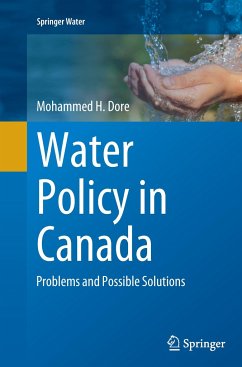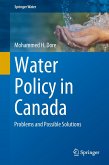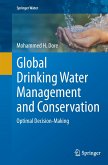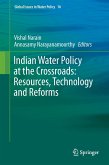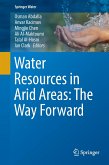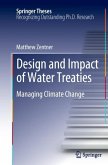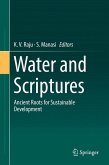This book deals with the water policy and management in Canada. It discusses various problems and risks in the fresh and drinking water supply in the second largest country in the world. Mohammed Dore argues that water is underpriced and used wastefully in Canada. In selected case studies, he illustrates the major threats from human activity to Canadian freshwaters and drinking water resources, including manufacturing, mining, oil sands production, animal farming and agricultural use. Selected case studies include reviews of even dramatic incidences, e.g. the Walkerton tragedy of 2000, when 7 people were killed and 200 went onto permanent dialysis treatment because of water contamination with harmful pathogens.
The book warns that wastewater treatment standards are often not sufficient, so that many drinking water resources are in peril of wastewater contamination. As most of the water resources are provincial responsibility, the book discusses the water management policies in the different provinces separately. Through a detailed discussion and statistical analyses, it can define water policy and management lessons that emerge from the investigated case studies. It ends by contrasting water policy and practice in Canada with the practice in some European countries.
The book warns that wastewater treatment standards are often not sufficient, so that many drinking water resources are in peril of wastewater contamination. As most of the water resources are provincial responsibility, the book discusses the water management policies in the different provinces separately. Through a detailed discussion and statistical analyses, it can define water policy and management lessons that emerge from the investigated case studies. It ends by contrasting water policy and practice in Canada with the practice in some European countries.

